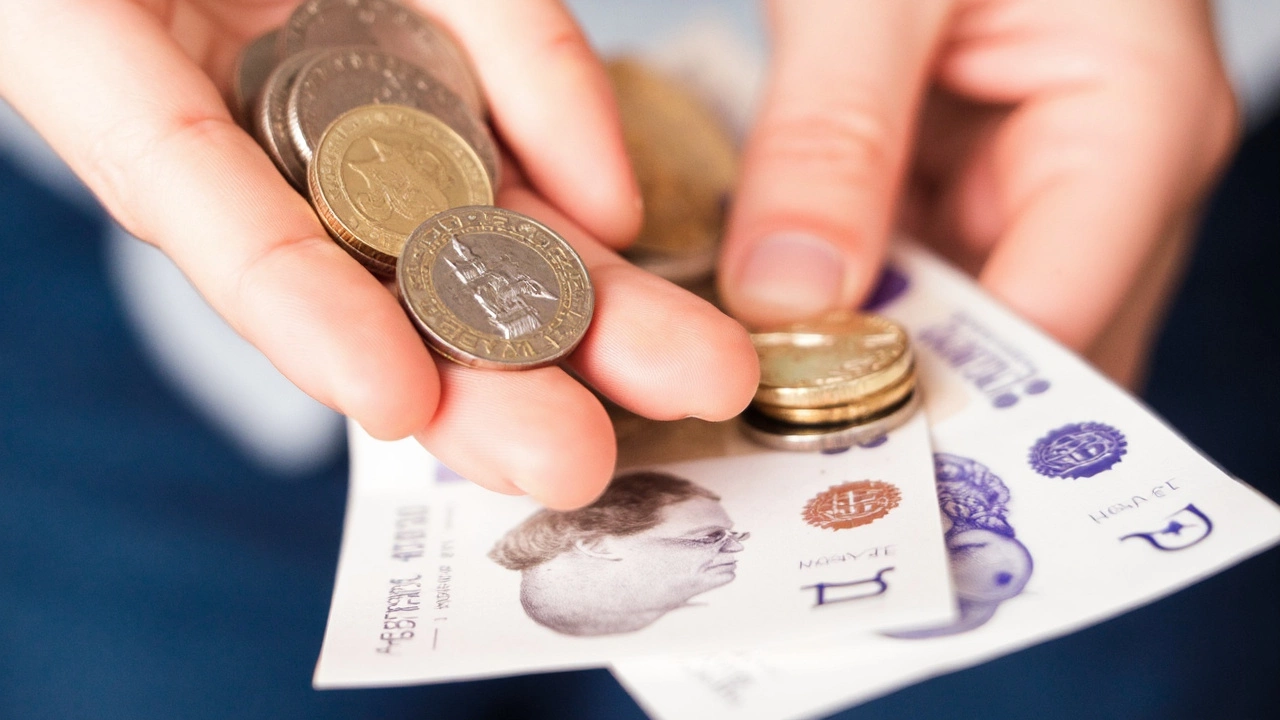UK Inflation: What’s Happening and How It Affects You
If you’ve been checking your grocery bill or gas receipt lately, you’ve probably noticed it’s getting heavier. That’s not a coincidence – the UK is experiencing a notable jump in inflation, and it’s touching almost every part of daily life.
Inflation measures how quickly prices rise across a basket of goods and services. When the rate climbs, your money buys less. The latest data shows the consumer price index (CPI) nudging above 4%, a level not seen for several years. Why now? A mix of global and local factors is pushing the numbers up.
What’s Driving the Surge?
First, energy costs have been volatile. Natural gas prices spiked after supply constraints in Europe, and oil markets reacted to geopolitical tension. When fuel prices go up, transport costs follow, and those higher costs ripple through food, clothing, and even streaming subscriptions.
Second, labor shortages in key sectors like hospitality and logistics have led to wage pressure. Employers raise pay to attract staff, and those higher wages often get passed on to customers. It’s a classic cost‑pass‑through cycle.
Third, the weakened pound makes imports more expensive. Everything from electronics to fresh produce costs more to bring into the country, adding another layer to the price‑rise story.
How It Hits Your Wallet
For most people, the biggest bite comes from food and fuel. A litre of petrol may be a few pence higher, but over a month that adds up. Supermarket shelves show higher prices for staples like bread, milk, and meat. If you’re a football fan, ticket prices and merchandise can feel the pressure too, as clubs try to keep up with operating costs.
Rent and utilities are another hot spot. Landlords often adjust rents in line with inflation, and utility bills climb when wholesale energy prices rise. That’s why many households are tightening budgets, cutting back on non‑essentials, and looking for savings tricks.
One practical tip: compare prices before you shop. Use price‑comparison apps, buy in bulk when it makes sense, and consider switching energy providers if you haven’t reviewed your contract in the last year. Small moves can offset bigger price jumps.
Saving on transport is also effective. Car‑pooling, cycling, or using public transport where possible can shave off fuel costs. For those who can work from home, reducing commuting days is a win‑win for the wallet and the environment.
Finally, keep an eye on interest rates. The Bank of England may raise rates to tame inflation, which affects mortgage repayments and credit card interest. If you have variable‑rate debt, budgeting for a possible rise now can prevent a surprise later.
Inflation isn’t a permanent storm, but it does shape the short‑term financial landscape. Understanding what’s driving it and where it’s hitting hardest lets you make smarter choices, whether you’re buying a new TV, planning a weekend away, or just trying to stretch the weekly grocery shop.
Stay informed, shop smart, and remember that even small adjustments add up. The next time you hear “inflation,” you’ll know exactly what it means for your daily life.
